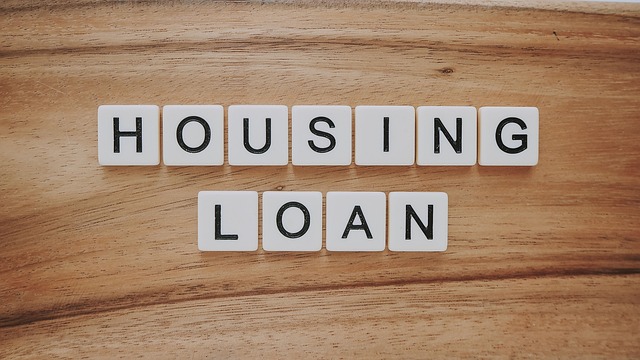Secured consolidation loans allow individuals to manage multiple debts by combining them into a single repayment with potentially lower interest rates, using an asset like a home or vehicle as collateral. This simplifies payments but carries the risk of losing the collateralized property in case of default.
Secured consolidation loans offer a potential path to financial freedom by combining multiple debts into a single, more manageable payment. This article delves into the world of secured consolidation loans, exploring their definition and operational mechanics. We break down the different types available and dissect the key pros and cons associated with using your property as collateral. By understanding these factors, borrowers can make informed decisions about whether this strategy aligns with their financial goals.
Understanding Secured Consolidation Loans
Secured consolidation loans are a type of financing option designed for individuals seeking to manage multiple debts. This loan allows borrowers to combine various unsecured debts, such as credit card balances or personal loans, into a single repayment with a potentially lower interest rate. The key feature that sets secured consolidation loans apart is their requirement for collateral—typically the borrower’s property, like a house or vehicle. By using property as security, lenders can offer more favorable terms and rates compared to traditional debt consolidation without collateral.
These loans work by taking your asset as guarantee, which provides the lender with a level of assurance that they can recoup the borrowed amount if you fail to repay. This reduces the risk for the lender, often resulting in lower monthly payments and a fixed interest rate. However, it’s crucial to understand that if you default on the secured consolidation loan, you risk losing your collateral. Thus, while it offers potential benefits like debt simplification and savings, it also carries a higher level of financial risk compared to unsecured consolidation options.
– Definition and how they work
Secured consolidation loans are a type of financial instrument designed to help individuals manage multiple debts by combining them into a single loan. This process involves using an individual’s property, typically their home or land, as collateral. The lender provides a lump-sum payment to settle the outstanding balances across various debts, such as credit cards, personal loans, and student loans. In return, the borrower agrees to repay the loan with interest over a set period, often at a lower interest rate than the individual debts they’ve consolidated.
The primary advantage of secured consolidation loans is that they offer better terms for borrowing. By leveraging an asset as collateral, borrowers may secure lower interest rates and longer repayment periods, making their debt burden more manageable. This approach can simplify financial management by consolidating multiple high-interest debts into a single payment. However, it’s important to note that if the borrower defaults on the loan, they risk losing their property through foreclosure or repossession.
Secured consolidation loans can be a powerful tool for managing debt, offering lower interest rates and unified repayment terms. By using your property as collateral, borrowers gain access to larger loan amounts. However, it’s crucial to weigh the benefits against potential drawbacks, such as increased risk of foreclosure if repayment fails. Thoroughly understanding both pros and cons is essential before pursuing a secured consolidation loan to ensure it aligns with your financial goals and risk tolerance.
